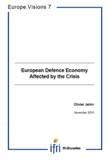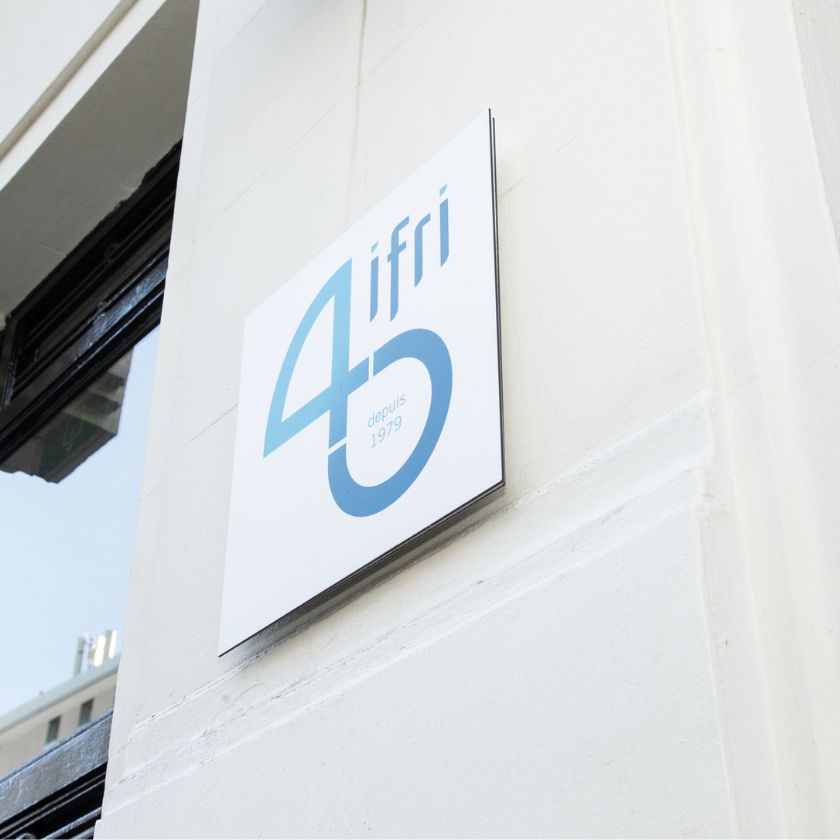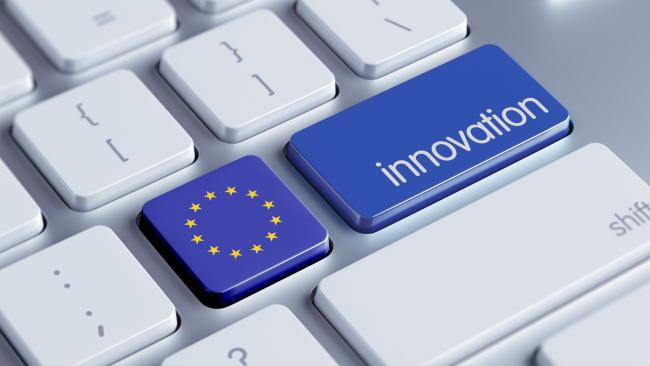European Defence Economy Afflicted by the Crisis

The European defence sector generates €86 billion annually - and that is only taking into account the 2009 turnover of the European defence industry for the three areas - aeronautics, land forces and naval forces.
It is also a sector that creates some 400,000 direct jobs to which must be added 1.8 million jobs in the armed forces. Direct jobs in the defence industry and armed forces in Europe therefore amount to around 2.2 million. Exports to third countries account annually for around €40 billion, and defence activity represents approximately €240 billion annually at Union level, which feeds the economy through sub-contracting, operating expenditure and household spending in employment basins. To be complete, one must add the indirect impact on the economy of a vast range of intervention activity (security, rescue, disaster relief, etc.) and the effect of external operations, whether these are conducted on a national basis, as part of the Union framework, or within NATO, the United Nations or a coalition.

Available in:
Regions and themes
ISBN / ISSN
Share
Download the full analysis
This page contains only a summary of our work. If you would like to have access to all the information from our research on the subject, you can download the full version in PDF format.
European Defence Economy Afflicted by the Crisis
Find out more
Discover all our analyses
Korea-EU Direct Investment Links: The Neglected Facet of a Tight Partnership
Despite their difference in size, Korea and the EU have developed over time a strong and deep relation through direct investment flows. Germany dominates the relationship, but there remains ample room for the other EU member-states to further develop their relations with Korea.
The EU and Innovation: When Business Meets Politics
Innovation, entrepreneurship, growth and competitiveness go hand in hand. This short paper looks at two areas where the EU plays a role to help drive innovation: regulation and financing.
A Transatlantic Free Trade Agreement? Weimar Triangle Analyses: French, Polish and German viewpoints on European questions
On an initiative of the German Council of Foreign Relations (DGAP), the Study Committee for Franco-German Relations (Cerfa) of the French Institute of International Relations (IFRI) and the Polish Institute of International Affairs (PISM) are regularly publishing short contributions on a common subject, written by three experts of these institutes. The purpose of these “Weimar Triangle Analyses” is to give the French, Polish, and German views on central questions of European politics and European integration.
Decoupling the Oil and Gas Prices: Natural Gas Pricing in the Post-Financial Crisis Market
This paper looks into natural gas pricing in the post-financial crisis market and, in particular, examines the question whether the oil-linked gas pricing system has outlived its utility as global gas markets mature and converge more rapidly than expected and as large new resources of unconventional gas shift the gas terms-of-trade.





